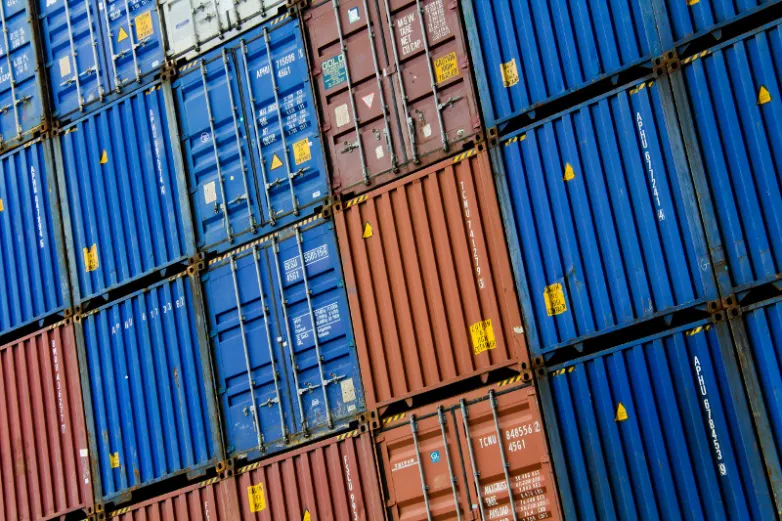USITC suggests extension of Section 201 tariffs on solar cells, modules
- The US International Trade Commission has actually suggested that the Section 201 protect tariffs on solar cells and also modules be expanded.

In a publication released by the ITC, the commission stated alleviation for domestic solar producers in the US remains to be essential.
The referral currently sits with US President Joe Biden, who will make a final decision on the future of the tariffs after they end in February following year.
All five commissioners on the panel voted unanimously in favour of expanding the tariffs.
The commission will certainly currently forward its complete report to the President by 8 December with a public report, including its searchings for, to additionally be released on 29 December 2021.
The verdict comes 3 weeks after the ITC began considerations following evidence hearings participated in by both those in favour and versus the tariffs' extension.
The tariffs, passed by then-President Donald Trump, have been in area since January 2018 and also presently enforce an import tariff of 15% on crystalline silicon solar cells and also modules. The tariffs have actually not lacked their debate, with an exemption for bifacial panels just recently returned after a decision by the United States Court of International Trade last week.
In a declaration provided today, Abigail Ross Hopper, chief executive at trade body the Solar Energy Industries Association (SEIA), claimed the tariffs had actually verified to be an "ineffective means to incentivise solar manufacturing" as well as regreted the influence on solar tasks in the US.
"SEIA stays fully commited to expanding residential manufacturing, yet tariffs aren't the response. It's time to establish genuine commercial policy, like Legislator Ossoff's Solar Energy Manufacturing for America Act, to cultivate as well as expand the solar manufacturing field here in the house.
"We are advising President Biden to take a various technique from the previous administration and also decline these tariffs. With sensible trade policy and the enactment of Build Back Better regulation, the solar sector will be well placed to maximise release as well as create a domestic manufacturing supply chain to fulfill historical demand for clean energy," Hopper claimed.
George Hershman, CEO at US-based programmer and O&M supplier SOLV Energy, said the choice stood to produce more obstacles to solar implementation in the US and would certainly bring about higher expenses for consumers.
"President Biden must end all unneeded tariffs on the solar market, deal with Congress to sustain a long-lasting manufacturing policy for the solar supply chain, as well as lead America towards a clean energy future. I urge him to reject these obsolete Trump-era tariffs, at last," he said.
Also read
- India Slashes Solar GST, Developers Eye Cheaper Tariffs And Restarts
- U.S. Tariffs Deepen India’s Solar Glut, Exports Face Squeeze Today
- ABO Energy wins tariffs for first Polish solar park in latest RES auctions
- Trump Clampdown Tightens Rules on Wind and Solar Tax Credits
- US Imposes Steep Tariffs on Southeast Asian Solar Equipment Imports

